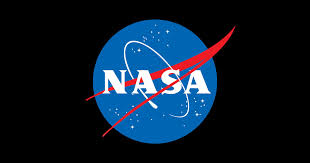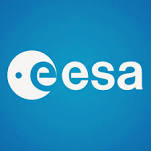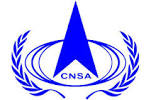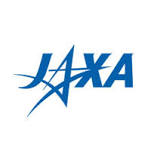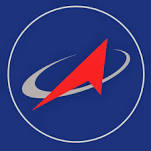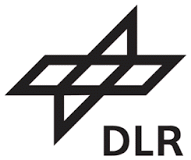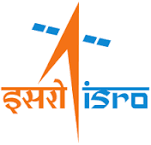
Indian Space Research Organisation
The Indian Space Research Organisation (ISRO) is the space agency of the Government of Republic of India headquartered in the city of Bengaluru. Its vision is to "harness space technology for national development", while pursuing space science research and planetary exploration.[1] Formed in 1969, ISRO superseded the erstwhile Indian National Committee for Space Research (INCOSPAR) established in 1962 by the efforts of independent India's first Prime Minister, Jawaharlal Nehru, and his close aide and scientist Vikram Sarabhai. The establishment of ISRO thus institutionalised space activities in India.[2] It is managed by the Department of Space, which reports to the Prime Minister of The Republic of India
